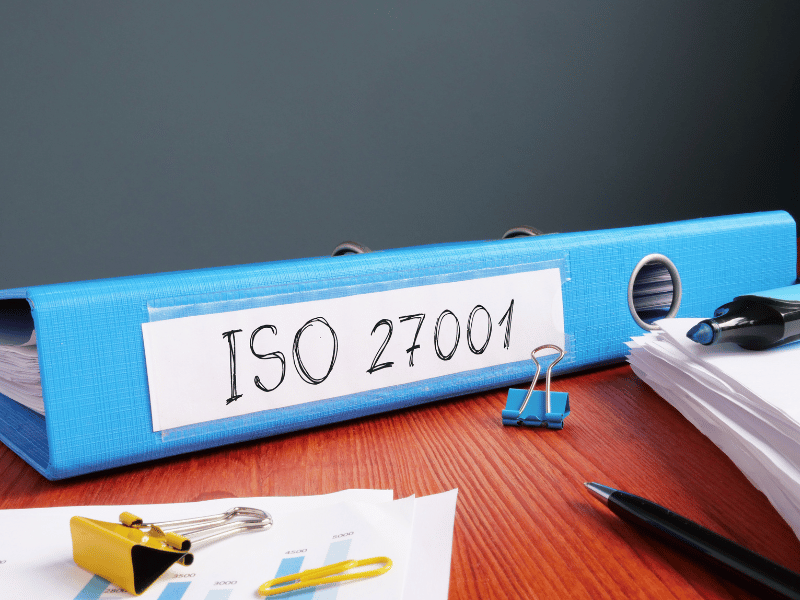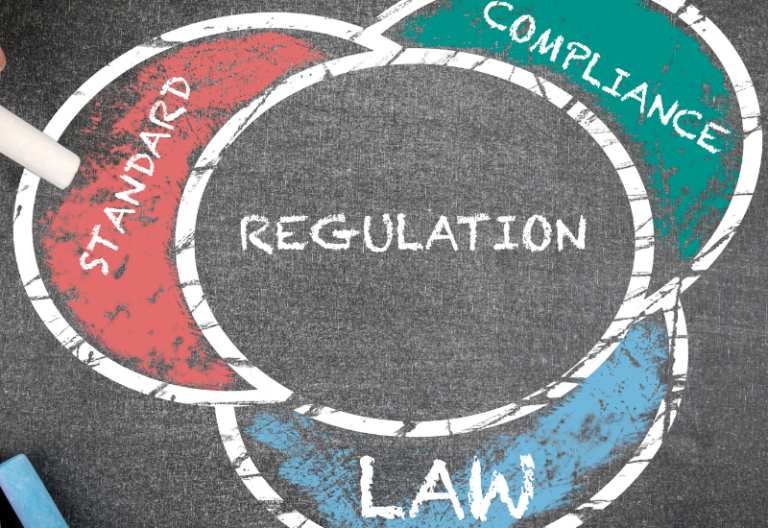If your organization collects large amounts of data, it’s highly susceptible to a data breach and cybercrime. ISO 27001 certification shows that your organization is committed to information security and will safeguard stakeholders’ data.
Read on to learn more about ISO 27001 certification’s meaning, purpose, and importance.
Table of Contents
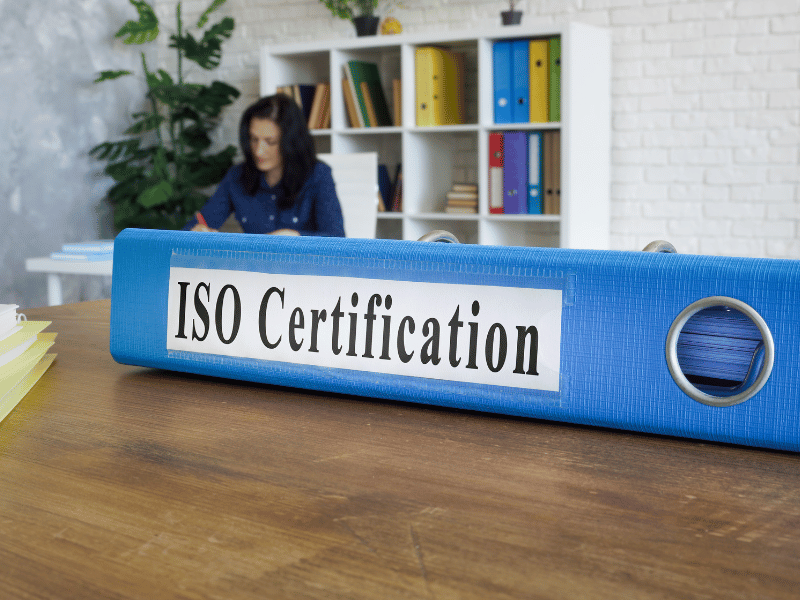
What Is ISO 27001 Certification?
ISO 27001 certification definition
What does ISO 27001 certification mean?
ISO/IEC 27001, or simply ISO 27001, is a comprehensive set of international standards for information security management systems (ISMS) published by the International Standard of Organization (ISO) and the International Electrotechnical Commission (IEC). The certification helps global companies become more aware of data security risks to manage and protect sensitive information. Through ISO 27001, businesses can assure clients that the data they collect and handle remains secure.
There have been several ISO 27001 versions, each one reflecting the current best practices in information security at the time of their release:
- ISO/IEC 27001:2005
- ISO/IEC 27001:2013
- ISO/IEC 27001:2022
The most recent version of ISO 27001 is ISO/IEC 27001:2022, revised from ISO/IEC 27001: 2013. The 2022 version was released in October 2022 and contains updated standards to address emerging security challenges, include new technologies, and improve clarity and usability. If your organization is certified under 27001: 2013, you must transition to the 2022 version to maintain your certification.
ISO 27001 certification is relevant in industries that handle sensitive information and require information security measures:
- Information Technologies and Software Development
- Financial Services
- Healthcare
- Telecommunications
- Government and Public Sector
- Manufacturing
- Education
- Retail and E-commerce
- Energy
- Legal
- Transportation and Logistics
- Media and Entertainment
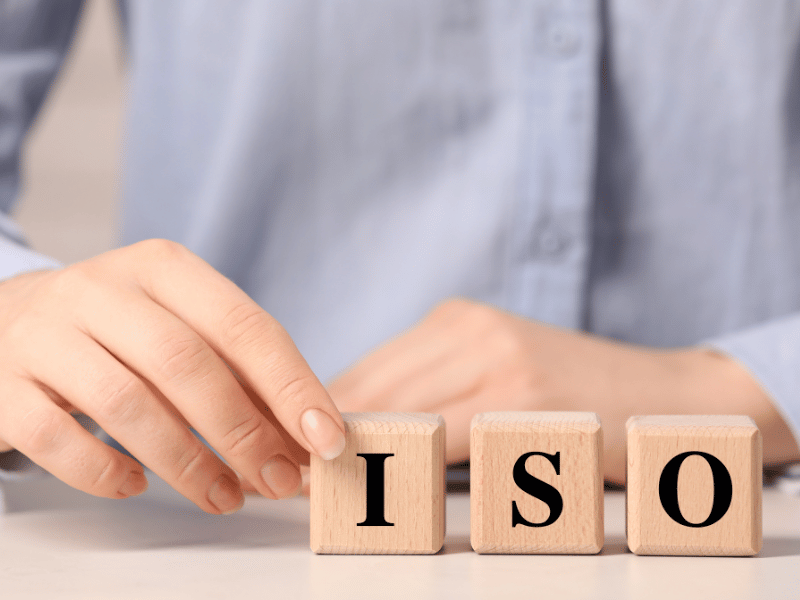
ISO meaning
To better understand ISO 27001 certification and its purpose, let’s learn more about its definition. ISO stands for International Organization for Standardization, an independent, non-governmental organization (NGO). The NGO is a team of global experts that creates international standards or “formulas” to describe the best way to do something, whether it’s developing a project, overseeing a process, delivering a service, or providing materials. The ISO was created in 1946 to “make lives easier, safer, and better.”
ISO standards cover various sectors:
- Health
- Management and Services
- Energy
- Government
- IT and Related Technologies
- Security, Safety, and Risk
- Engineering
- Transport
- Food and Agriculture
- Materials
- Environmental and Sustainability
- Building and Construction
- Diversity and Inclusion
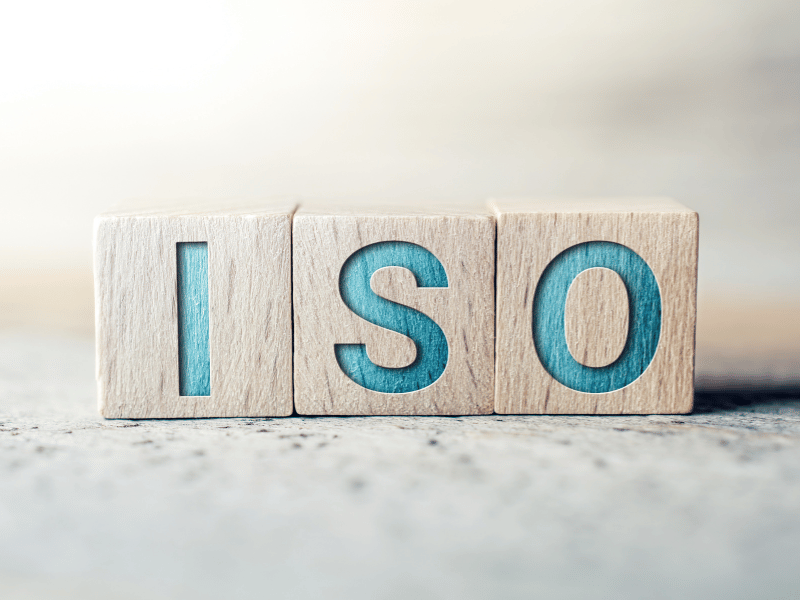
What Is the Purpose of ISO 27001?
ISO 27001 certification aims to protect an organization’s data, ensuring it remains confidential, complete, error-free, accurate, and available. By obtaining ISO 27001, your organization demonstrates that it was able to:
Identify and manage security risks
ISO 27001 helps you identify your organization’s possible security risks and implement controls to mitigate them. For example, a technology company might use the standard to protect its intellectual property from cyber threats.
Establish a security framework
The standards provide a framework for managing information security in your organization. It provides you with policies, procedures, and controls fit for your company’s specific needs and risks. Without a set of standards, companies will have no benchmark for quality and information security, leading to increased risks and inconsistent outcomes.
Protect stakeholders
Your clients, employees, and shareholders provide personal and sensitive information that they expect to be safeguarded. ISO 27001 assures them that your company values their trust. For instance, an e-commerce company with ISO 27001 Certification can ensure that customers’ personal and payment information is secure during online transactions.
Improve your services
ISO 27001 encourages companies to improve information security. If your company seeks ISO 27001, you’re required to regularly review and update your ISMS to address new security challenges and maintain certification.
Facilitate international trade
As an internationally recognized standard, ISO 27001 certification can facilitate trade and business operations across borders. It gives your company a more reliable and trustworthy reputation in the eyes of international partners and clients.
Importance of ISO 27001 Certification
Given the purpose of ISO 27001, you can see that certification is vital for various reasons. It helps you:
- Manage risks: ISO 27001 provides the framework to help you identify, assess, and manage potential threats that may compromise sensitive data.
- Comply with regulatory requirements: Achieving ISO 27001 certification helps you comply with legal and regulatory requirements related to information security, such as the General Data Protection Regulation (GDPR) in Europe.
- Achieve competitive advantage: In many industries, ISO 27001 sets you apart from competitors, helping you win new business and retain your clients.
- Improve efficiency: ISO 27001 can lead to improved processes and operations, reducing the likelihood of data breaches and minimizing service disruptions.



